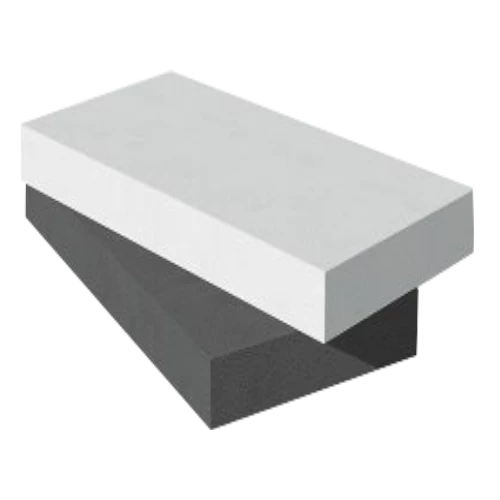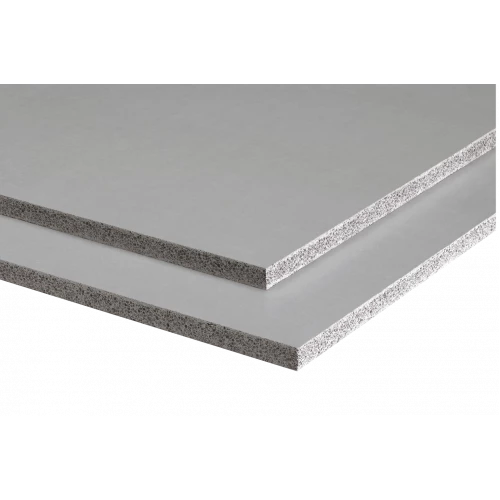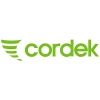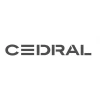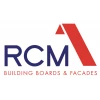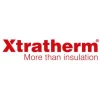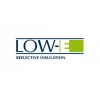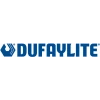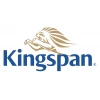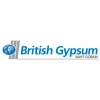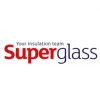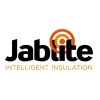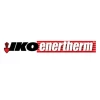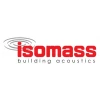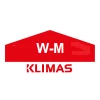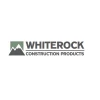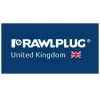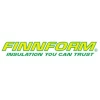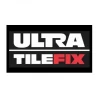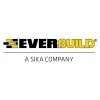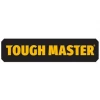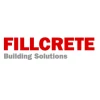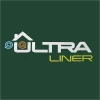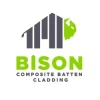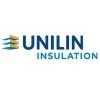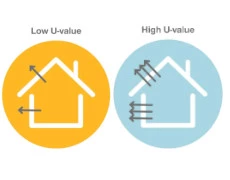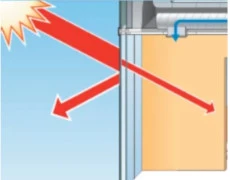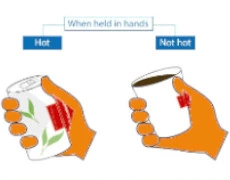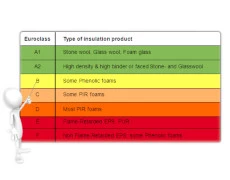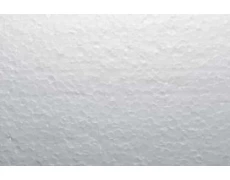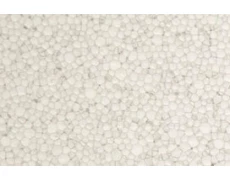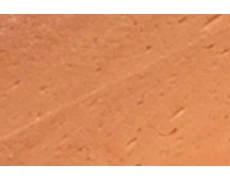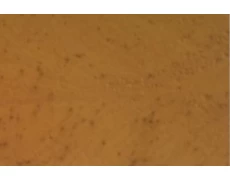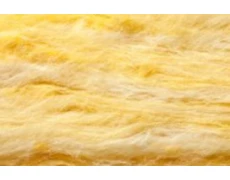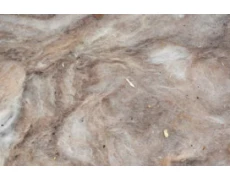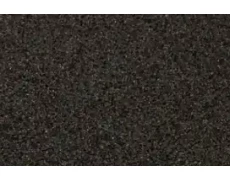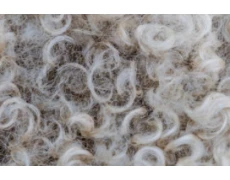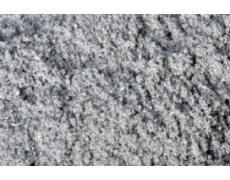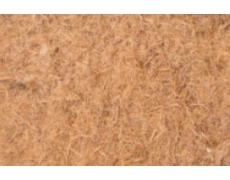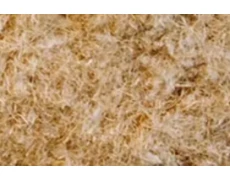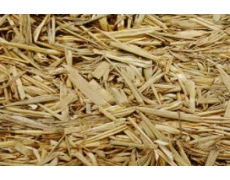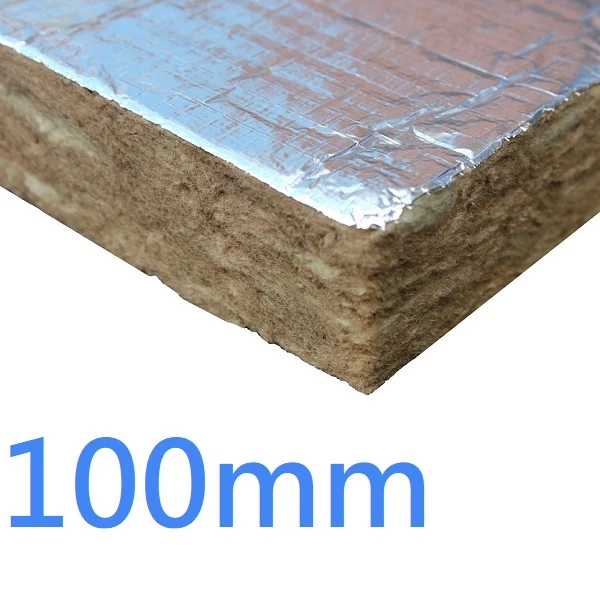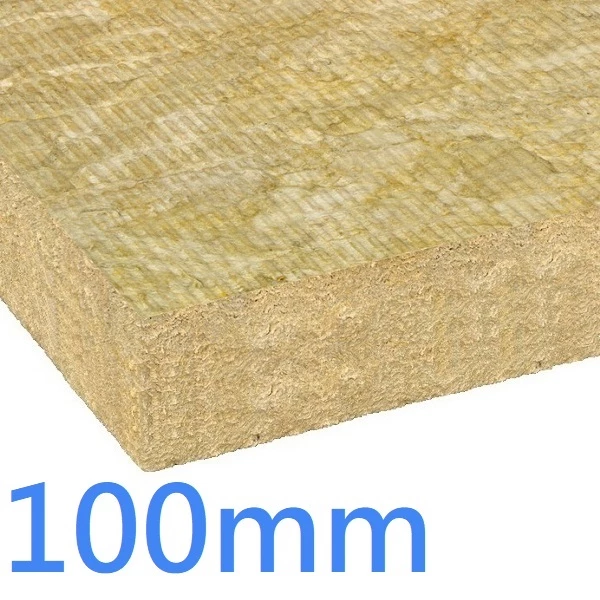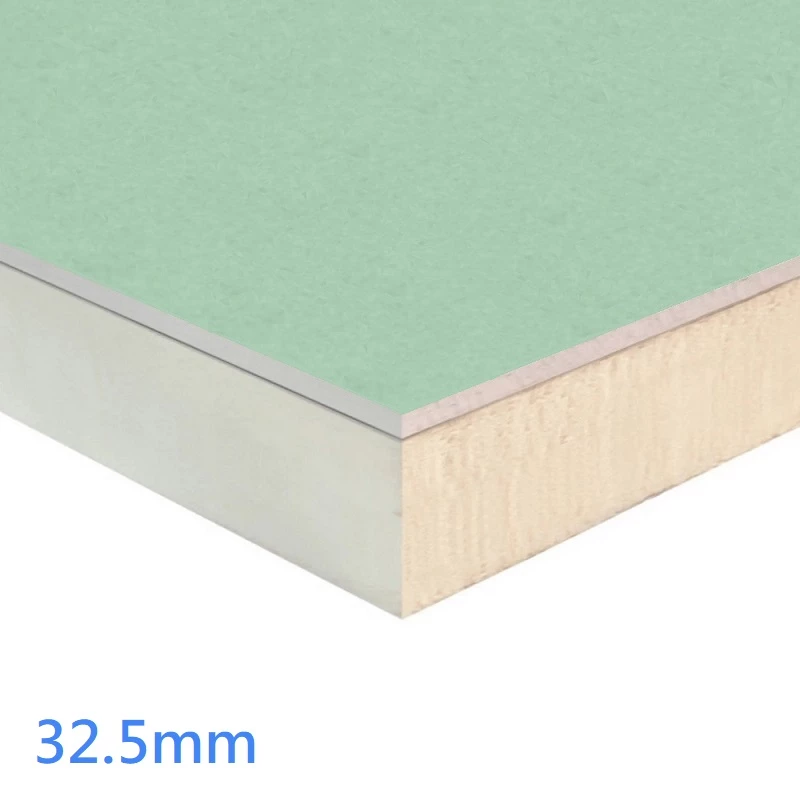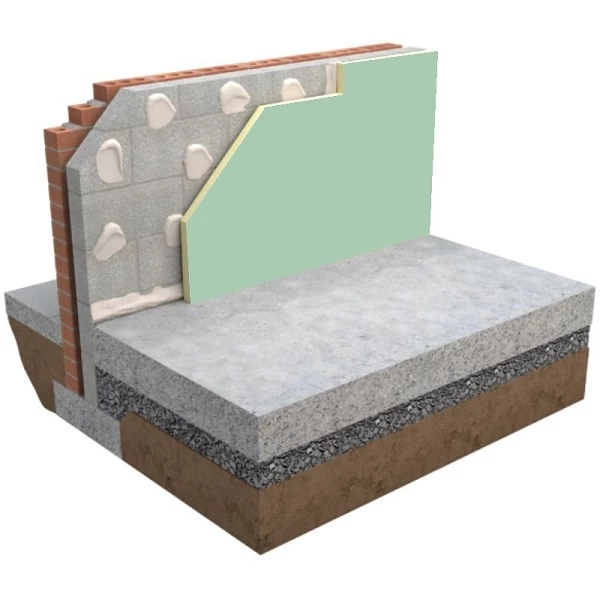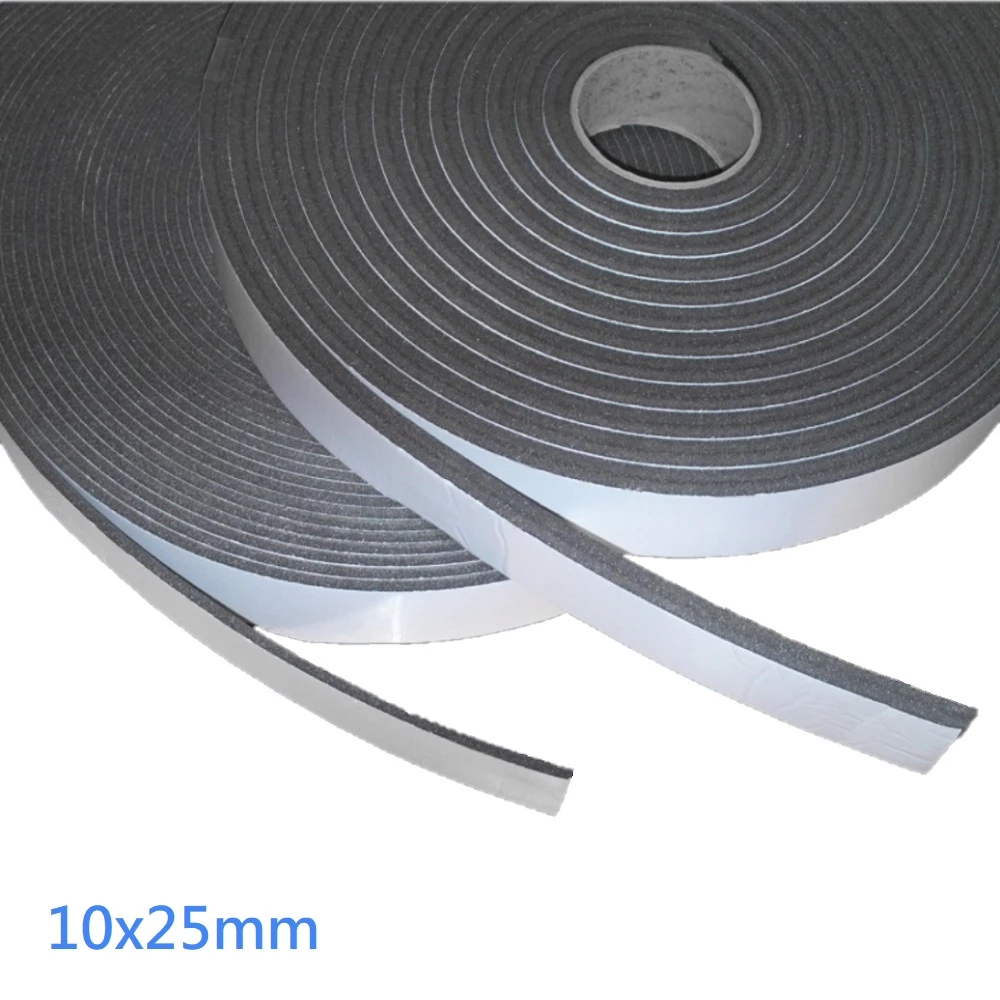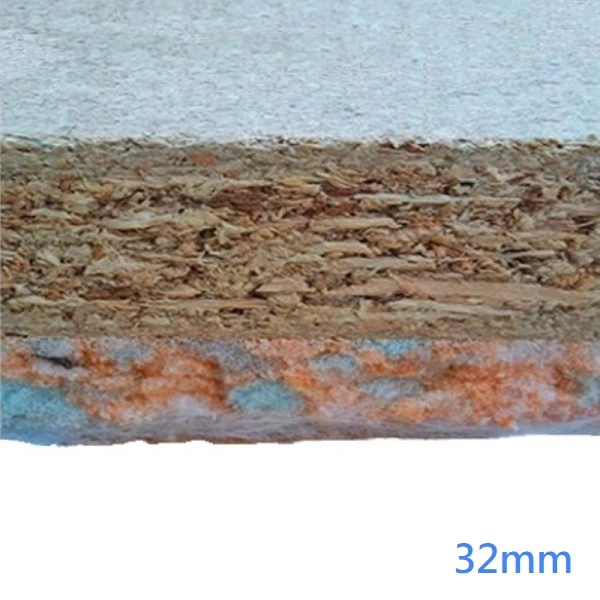





Related
More from this brand
- 18mm Isocheck 18T Acoustic Overlay Board (sound reduction system)
- Designed for traditional joisted timber floors used over existing floorboards
- Reduce impact sound transmission for new build, refurbishments or conversions
- Acoustic Overlay Platform System for Timber Floors Isocheck 18T 18mm
- Meet the sound transmission regulations of Approved Document E 2003
In Stock
- Brand: Isomass
- Model: 18mm Isocheck 18T
- Weight: 13.01kg
- Dimensions: 2,400mm x 600mm x 18mm
- SKU: 18mm Isocheck 18T
- Product code: P1-3583
- MPN: 18mm Isocheck 18T
Options available
Isocheck 18T Acoustic Board is a 18mm thick acoustic overlay board specially designed for traditional joisted timber floors to reduce impact sound transmission for new build, refurbishments or conversions.
Acoustic Overlay Platform System for Timber Floors Isocheck 18T 2400mm x 600mm x 18mm consist of a 6mm layer of Isofiba bonded to 12mm P5 V313 moisture resistant chipboard.
When installed as part of a complete sound reduction system, it enables a timber floor to meet the sound transmission regulations of Approved Document E 2003 and subsequent amendments.
Floor should ideally be min. 18mm chipboard, OSB, decking ply or original floorboards with a continuous layer of 100mm (45kg/m3) mineral wool insulation between the joists.
All nails and screws must be driven flush and securely fixed, the sub-floors should be level, sufficiently dry and swept clean to allow the Isocheck to be laid flat.
Installation of Isocheck should not commence until roof, window glazing and wet trades are completed and the structure is watertight.
Leave overnight for adhesive to cure before trafficking the newly installed system.
Specification:
Thickness: 18mm
Width: 600mm
Length: 2400mm
Size: 18mm x 600mm x 2400mm
Board Coverage: 1.44m2
Profile: Tongue & Groove
Resilient layer thickness: 6mm
Resilient layer fire test: Tested to BS 5852-2:1982
Weight: 13.01kg per board
Resilient layer: Isofiba
Airbone reduction: 48dB
Imapct reduction: 53dB
18mm Isocheck 18T Acoustic Overlay Board Features:
· Airborne reduction 48dB.
· Impact reduction 53dB.
· 2400mm x 600mm x 18mm size.
· Building Control approval.
· Used over existing floorboards.
· Acoustic overlay platform system.
· Used to reduce impact sound transmission.
· Meet the sound transmission regulations.
· Designed for traditional joisted timber floors.
· For new build, refurbishments or conversions.
18mm Isocheck 18T Acoustic Overlay Board Installation Guidelines:
· Apply Isocheck Acoustic Angled Flanking Band on the edges of the Isocheck boards just before they are pushed against the perimeter walls to isolate the board from the wall.
· Board fitting should begin at the furthest point from the entrance and marked out so as not to finish with any panels less than 200mm wide.
· The decking must be laid in a broken bond pattern, with all joints glued and staggered, no mechanical fixings should be used.
· Isocheck adhesive is applied to both the top of the tongue and the bottom of the groove on each side of each joint.
· The boards are then pushed tightly together.
· Surplus adhesive should be wiped away from the surface with a damp cloth.
· Isocheck 28T, 24T, 18T or 15T must be kept in a dry storage area.
· Deliveries should be scheduled to coincide with availability of suitable dry storage areas.
· Door openings should have linings fitted prior to the installation of the acoustic floor.
· The isocheck boards should be carefully detailed to ensure a good fit.
· Although not ideal, architraves and stops can be fixed after floor installation, leaving a 2/3mm gap from the surface of the floor.
· To prevent flanking transmission all skirting must be isolated from the floor surface.
· Before incorporation, place Isocheck Flanking Strip around the edge of the Isocheck 28T, 24T, 18T or 15T boards before pushing into position.
· Remove any excess with a sharp knife, flush to the skirting face.
· Stud partitioning should be built from the sub floor wherever possible.
· If it is your intention to build off the top of Isocheck 28T, 24T, 18T or 15T additional advice should be sought.
· It is good practice to isolate all partitions built from the sub-floor with isocheck Flanking Strip as this will improve the performance of the walls as well as the floors.
· Isocheck Flanking Strips provide isolation of the flooring system from all vertical structures and penetrations.
· The Flanking Strip is trapped to the wall and returned down over the isocheck board as the perimeter boards are placed.
· The skirting board is then fixed to the wall securing the Flanking Strip between the skirting board and the isocheck.
· After the skirting board is installed, simply trim the Flanking Strip flush with a sharp knife.
· The finished Isocheck 28T, 24T, 18T or 15T system should be protected with an appropriate layer immediately after being installed to prevent damage by any following tradesmen.
· Some Isocheck boards may be HEAVY - Please observe proper lifting methods and if transporting around site, by hand.
· Care should also be taken to protect hands from splinters during manual handling.
· The cutting of boards, either by hand or machine, will produce dust that may be an irritant if inhaled.
· USE dust masks when carrying out any cutting operations.
· In a kitchen, we recommend the kitchen units are installed on the sub-floor on pads, so that the Isocheck can terminate at the legs of the units.
· The plinth can then be installed to the kitchen unit legs, making a neat, flush finish.
· Lay the floor in areas where appliances will sit, allowing for adequate height below the work surfaces.
· If installing the units on the floating floor additional advice should be sought to reduce the potential for unwanted impact flanking noise.
· In a bathroom, we recommend the bath should be supported from the sub-floor on isolation pads, and the floating floor terminate at the legs of the bath as close as possible.
· The bath panel can then be installed making a neat, flush finish.
· Plywood the same height as the Isocheck should be laid under the bath, toilet and wash basin area and the joints filled with silicon or an alternative acoustic sealant where necessary.
· Appliances and sanitary ware, with rigid plumbing connections that penetrate the system, should be isolated from the floating floor.
· Should be isolated by cutting a hole up to 10mm larger than the service diameter and filling the gap with an acoustic sealant.
· Ideally kitchen worktops should be isolated from the wall with Impacta pads and trimmed flush with surface before tiling commences.
· Ceiling boards should be installed first, especially before any dry-lining of walls (such as dot & dab) to prevent potential flanking transmission.
· Ceilings should be boarded with a minimum mass of 20kg/m², and must be fixed to resilient bars or suspended from a metal frame system in accordance with manufacturers recommendations.
· If in doubt in any area, please call Isomass prior to commencement of work.
*Further information may be found in our Downloads section.
Fairly easy access to all PDF files.
Datasheet ǀ Declaration of Performance - DoP ǀ BBA Certificate ǀ Installation Guide ǀ Certificates ǀ Brochure ǀ SPEC Sheet
*Special Product - Non returnable cancelable.
| specification | |
| Handling Characteristic | Protect hands from splinters during manual handling |
| Board covarage | 1.44 m2 |
| Colour | Light brown |
| Length | 2400mm |
| Material | 6mm Isofiba bonded to 12mm P5 V313 Moisture Resistant Chipboard |
| Profile | Tongue & Groove |
| Size | 18mm x 600mm x 2400mm |
| Thickness | 18mm |
| Width | 600mm |
| Fire Classification | Tested to BS 5852-2:1982 |
| Building Regulations | Compatible |
| Coverage | 1.44m2 |
| Finish | 12mm P5 V313 Moisture Resistant Chipboard |
| Shipping method | Articulated Vehicle ǀ Courier |
| Grade | Acoustic overlay platform system |
| Sound insulation reduction | 48dB Airbone and 53dB Impact |
| Applications | Traditional joisted timber floors |
| Type | Over existing floorboards |
| Fixing method | Adhesive and Flanking Band |
| ETA Notification | Yes |
| Features | Reduce Impact Sound Transmission |
| Manufacturer | Isomass® |
We deliver insulation materials to Mainland UK only. Deliveries to Highlands, Northern Ireland, Isle of Wight etc.. might be possible at additional cost.
We offer free delivery on most of the orders above £300 (excluding VAT) (except special products - shipping cost via courier - products marked ''Request A Quote'')
Delivery of some insulation materials might be extended due to the current situation (Covid-19, stock shortages, allocations).
If you need materials quickly please contact us - we will do our best to help you source materials needed.
We do not deliver on weekends and bank holidays. Sometimes we can deliver on Saturdays - please check with us before placing the order.
If you need any further information please contact us tel. 02081910776
We can help to calculate price per m2 or linear meter (one meter in length) cost, please just contact us via phone 02081910776, email or live chat. Alternatively, you can work it out yourself quickly and easily: to get cost per meter square please divide price shown in orange area by ''Required area (m2)'' Example price of £28.80 divided by board coverage 2.88m2 = cost of £10.00 per m2.
INSTALLERS
No matter whether you choose a local installer or a national company, there’s a few tips to help you find the right installer for your home insulation improvements, such as asking for recommendations and making sure that they’re part of a certification scheme. This makes sure that they have the right skills and standards of workmanship to carry out the installation, and you can be sure that they know exactly what they are doing.
4 TIPS FOR CHOOSING THE BEST INSULATION INSTALLER
1. Thermal inspection picture in portfolio
It’s worth seeing a installer’s previous work. There’s no harm asking if you can see any properties nearby that they’ve installed insulation in. Best way would be to see Infrared Thermal Imaging Inspections. Thermal cameras spot small, but key changes in temperature in different areas of a house, identifying problematic areas that the human eye never could and some that a visual inspection could only hypothesize.
2. Reviews
Along with checking recommendations and previous work, finding reviews online can often be a great way to find out if they provide a good service or not. However, it’s best not to solely rely on reviews you may find or review websites, as there’s no controlling who writes them.
3. Compare prices
Comparing prices will also ensure companies can’t take advantage of you and give you a fair price.
4. Word of Mouth
The best way to find a great insulation installer is through recommendations. Make sure you ask friends and family. They will most likely give you their honest opinion and can tell you from first hand experience.
Whether you require a wall, cladding, external wall, loft or floor insulation fitted, you can find and hire your local insulation installers from popular UK web pages. A simple internet search will return thousands of potential installers near your area.
https://www.nia-uk.org/find-an-installer/
https://www.ratedpeople.com/local-thermal-insulation
STOCKIST
We are the stockist of construction materials and related products for both trade and DIY from most recognizable brands in the UK like Cordek, RCM, Promat, Rockwool, Isover, Celotex, Xtratherm, Ursa, Low-E, Cedral, Kingspan, Dufaylite, British Gypsum, K-rend, Ecotherm, Iko enertherm, Kay-Metzeler, Terrawool to allow you to complete your insulation job on time at competitive prices and the highest standards.











